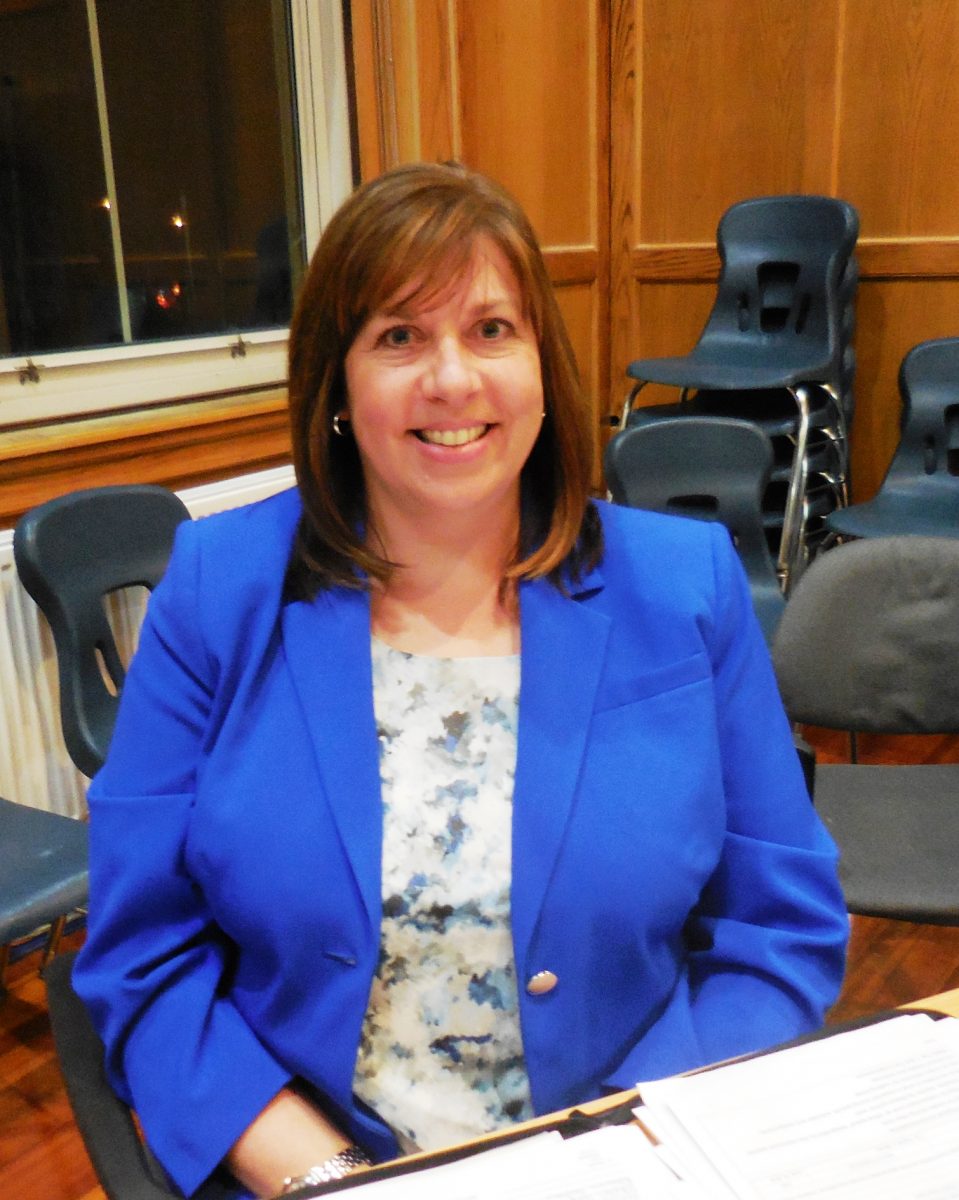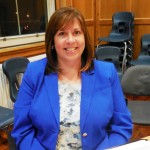WESTFIELD – The School Committee on April 5 unanimously approved plans for a Virtual K-8 School to begin in the fall of 2021. The vote followed a presentation by a committee charged with developing the concept.
Superintendent Stefan Czaporowski said the committee of administrators and principals have been meeting weekly since December after being given the go-ahead to start planning a virtual school from the Department of Elementary and Secondary Education (DESE). He said the school will be consistent with the district’s vision, with the same standards and the same curriculum.
“This will be a unique educational pathway for K-8 students,” Czaporowski said. He said the planning started after a survey of families showing an interest in a virtual school. He said high school is not included at this time, because there are more remote options available to high school students, including partnerships with area colleges.
“We know some families and students are thriving in a remote environment. We think it’s important to keep our students in Westfield. We saw an increase of students in home school this year. This will be another option for them, so they could have a virtual education but still get what is needed; WPS curriculum taught by WPS teachers,” Czaporowski said.
Susan Dargie, director of curriculum and instruction, said there are two Commonwealth remote schools that have been in existence for quite some time. She said the law allows for 10, and has a pathway that allows for single district virtual schools that operate as another school in the district. “That’s what we’re seeking. We’re working in conjunction with DESE on this. Other districts are now also exploring this, which has always been an option,” she said.
Munger Hill Principal Salvatore Friere said the virtual school will be another school in the district with its own principal; it just won’t have students going to a building. He said the district is looking to have families choose this school for the year, and they won’t be able to switch back and forth. He said students at home will require support, and there must be someone to communicate with teachers and the administration. “The expectation is that somebody who is supporting the child is supporting them at home throughout the day, not just a small portion of the day. That’s the level of support that’s required,” he said.
Friere said the virtual school will follow all state laws, and be as accountable as every other school. The school will have a handbook similar to other elementary schools, but will also have some unique aspects. Attendance will be expected at 95 percent of the year, to be graded according to WPS policies. “The school will follow progressive discipline as we do now,” he said.
Dargie added that at this point, WPS is planning for a K-8 school with one classroom per grade level, depending on the level of interest. Families that would be choosing this school would have children on the same school schedule with the same lunch schedule and same school calendar. The student day will be from 8 a.m. to 2:30 p.m., and each student’s day would begin with a morning meeting or home room.
Breakfast and lunch will be available to buy for students in the virtual school, and free and reduced lunch will be available by completing an application. Students will have an hour break during the day, — 30 minutes for lunch, the other 30 minutes for outdoor, screen break or exploration time for them to be working on their own personal goals.
Dargie said the day will be made up of synchronous and asynchronous learning, sometimes being guided by a teacher, sometimes independently.
The school will follow trimester grading and practices. The curriculum will have four core subjects; English language arts including reading and writing; science, social studies and math. There will also be special subject areas, and could include the arts, wellness, computer science, engineering, and world language. She said there will also be individual goal setting by students which incorporates exploration time.
“The students will have voice and choice,” she said, adding that many components of the school are still in development, and the district will need to negotiate with unions, staff and principals, who will also contribute to the program.
Dargie said the virtual school will support students academically, and with social-emotional and behavioral interventions. She said there will be a school adjustment counselor, access to River Valley Counseling, PBIS and Tier 2 and 3 intervention. She said necessary technology will be provided by the district, including hotspots if needed, “just like we provide instructional materials to students in school,” she said.
“You get what everybody gets; if you need more, you get more,” said Friere, adding that students with special needs will receive them in this virtual school setting, along with occupational therapy, physical therapy and speech. He said if a student’s first language is not English and they require additional help, certified ELL and bilingual teachers will be available as needed, as well as translation services for families.
“We still want students at virtual school to have social opportunities,” said Highland Elementary Principal Jill Phelan. She said they’ve envisioned virtual or in person field trips, virtual open houses, and the possibility of intramural sports and clubs.
Melanie Chasse, principal of Paper Mill Elementary said there will also be many opportunities for personalized learning built into the virtual school. “We are looking for teachers to support students in their real life, what they’re looking to do,” she said, giving the example of supporting a student with an interest in medicine in getting their CPR and First Aid certification. She said there will also be opportunities for mentors. “If a student says they want to be a weatherman, we’ll set up an opportunity for them to go in the studio and work with a weather person,” she said, noting this will be one difference from the brick and mortar experience.
“In the beginning, we are only able to offer virtual school to Westfield residents. We want to be able to be the school system for anyone who resides in Westfield, no matter what,” Friere said. Applications to enroll in the school are due May 28, with approvals by June 25, which he said are “soft deadlines.” He said WPS will help students with the application process, including translator services.
Dargie said the district learned that May 6 is the final day of submission of plans to DESE for the virtual school. She said they will now start negotiations, and already have a statement of intent with the Westfield Educational Association. There will be a staff information session on April 13, and a parent information session on April 28 during the day, and on May 6 in the evening. Fliers will be sent out with the link to register for the sessions.
“We will be one of the only districts offering this opportunity and are excited to provide this option to our students that have demonstrated that they are more successful in a virtual classroom,” Czaporowski said.








